Genki Kawamura’s If Cats Disappeared from the World is a heartwarming and profound novel exploring life’s meaning through a postman’s poignant journey with his cat and a devilish bargain.
Premise and Background of the Novel
If Cats Disappeared from the World, written by Genki Kawamura, follows a young postman diagnosed with a terminal brain tumor. Facing his mortality, he encounters a mysterious figure resembling the devil, who offers him a deal: in exchange for extending his life, he must agree to the gradual erasure of cats from the world. The postman, deeply bonded with his own cat, Cabbage, grapples with this decision, reflecting on the meaning of life, relationships, and what truly matters. Originally published in Japanese in 2012, the novel gained international acclaim and was translated into English in 2018. Its unique blend of humor, emotional depth, and philosophical inquiry has resonated with readers worldwide, making it a modern literary phenomenon. The story’s premise is both whimsical and profound, inviting readers to ponder life’s preciousness and the bonds we cherish.
The Book’s Adaptation into a Film
If Cats Disappeared from the World was adapted into a Japanese film in 2016, directed by Akira Nagai and starring Takeru Satoh and Aoi Miyazaki. The film faithfully captures the novel’s emotional depth, following a young postman diagnosed with a terminal illness who encounters a mysterious figure offering him extra time in exchange for erasing cats from existence. The movie explores the same themes of life’s meaning, loss, and human connection, with a balance of humor and poignancy. Like the book, the film resonated with audiences, particularly in Japan, and further cemented the story’s place in contemporary culture. The adaptation remains true to the original narrative while visually interpreting its unique blend of melancholy and hope.
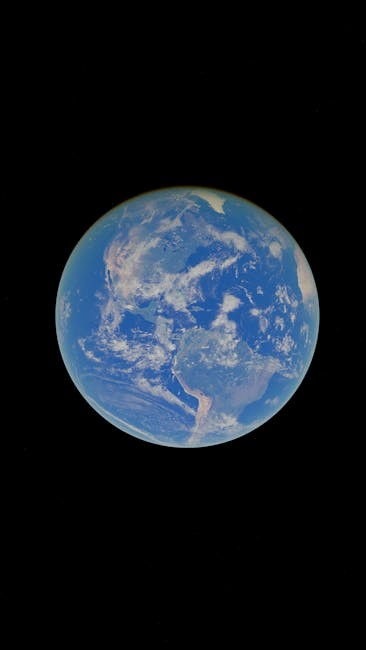
Themes and Philosophical Reflections
The novel explores existential questions, the meaning of life, and moral dilemmas, prompting readers to reflect on what truly matters when time is limited and choices are profound.
Existential Questions and the Meaning of Life
At its core, If Cats Disappeared from the World delves into profound existential questions, urging readers to reflect on life’s purpose and the value of time. The protagonist, a young postman facing a terminal illness, grapples with mortality, sparking a journey of self-discovery and introspection. Through his interactions with the devil and his beloved cat, the novel explores what truly matters when life is fleeting. The story challenges readers to consider how the absence of seemingly insignificant beings, like cats, can reveal the depth of human connections and the essence of existence. Kawamura’s poignant narrative invites us to cherish the present and find meaning in life’s simple yet profound moments, offering a universal message about love, loss, and what makes life worth living.
Moral Dilemmas and Hard Choices
In If Cats Disappeared from the World, the protagonist faces a series of moral dilemmas that challenge his understanding of sacrifice and consequence. The devil’s offer to extend his life in exchange for erasing elements of the world forces him to weigh the value of existence against personal gain. Each decision, such as the potential loss of cats, reflects the complexity of choice and its ripple effects on humanity. The novel probes the ethical implications of altering reality, questioning what makes life worth living. Through these hard choices, Kawamura explores the tension between selfish desires and the greater good, leaving readers to ponder the morality of manipulating the world to prolong one’s own time.
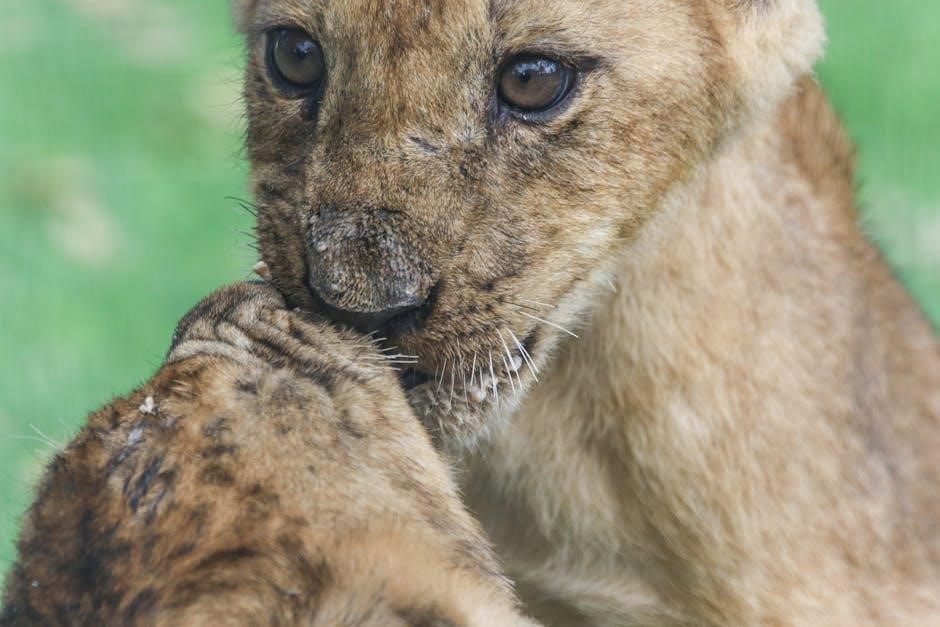
The Protagonist’s Journey
The postman’s journey is a poignant exploration of personal growth, as he confronts mortality, reconciles with loved ones, and reflects on life’s meaning through his unique circumstances.
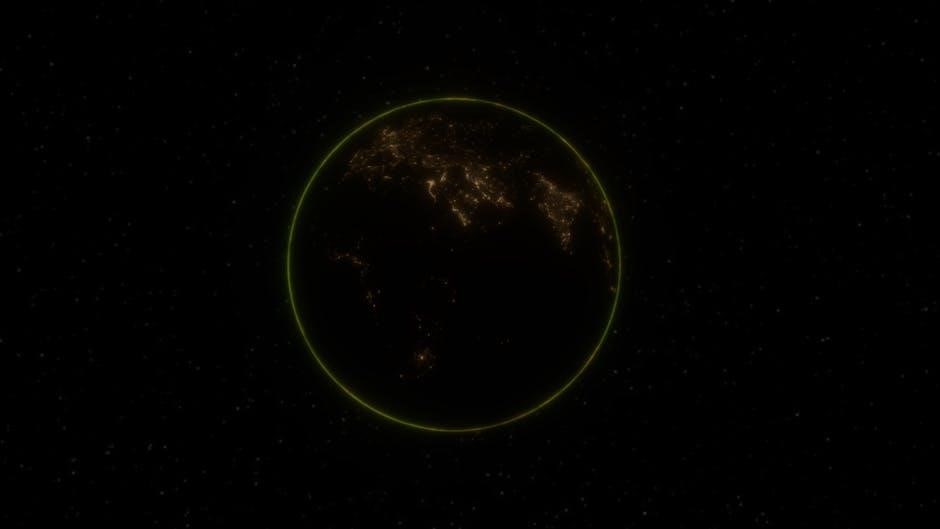
Personal Growth and Self-Discovery
The protagonist’s journey in If Cats Disappeared from the World is deeply intertwined with his personal growth and self-discovery. Diagnosed with a terminal illness, he is forced to confront his mortality and the choices he has made in life. Through his interactions with the devil and his reflections on his relationship with his cat, Cabbage, he begins to uncover the essence of what truly matters to him.
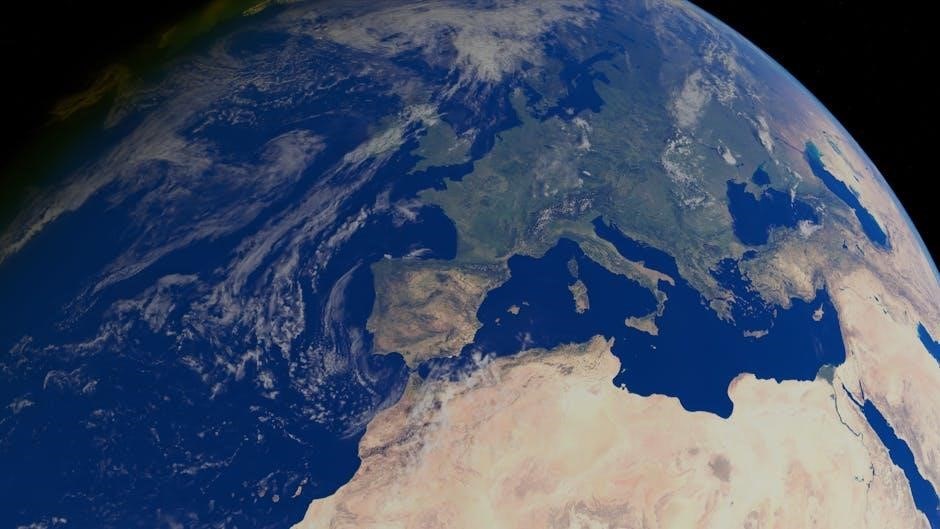
As the story progresses, the protagonist learns to let go of regrets and reconnect with his estranged family, particularly his father. His experiences prompt him to reevaluate his priorities, leading to a profound transformation in his perspective on life, love, and loss. This introspective journey highlights the universal human quest for meaning and connection in the face of uncertainty.
Relationships and Family Dynamics
The novel delves deeply into the complexities of human relationships, particularly through the protagonist’s strained connections with his family. His diagnosis and the devil’s offer prompt him to reflect on his estrangement from his father and the emotional distance that has grown over the years. The story highlights how the protagonist’s journey forces him to confront these unresolved tensions and seek reconciliation, even in the face of his limited time.
The dynamic between the protagonist and his cat, Cabbage, also serves as a metaphor for the deeper emotional gaps within his family. Through these interactions, the novel underscores the importance of human connection and the often-overlooked bonds that define our lives. The protagonist’s attempts to mend these relationships humanize him and underscore the universal struggle to find meaning in personal ties.
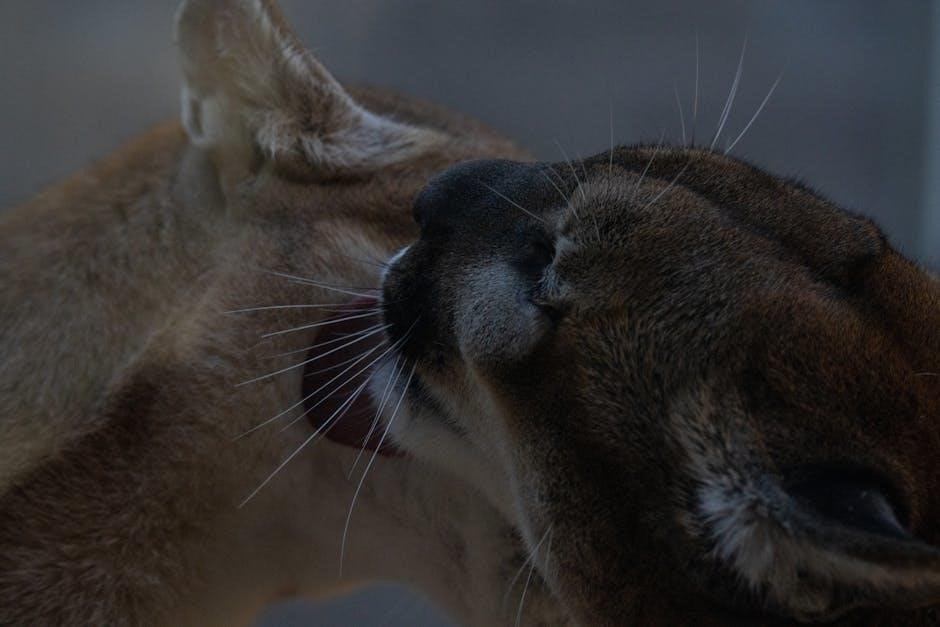
The Role of Cats in the Story
Cats symbolize emotional support and deeper life meanings. The protagonist’s bond with his cat, Cabbage, reflects themes of connection and existential questioning.
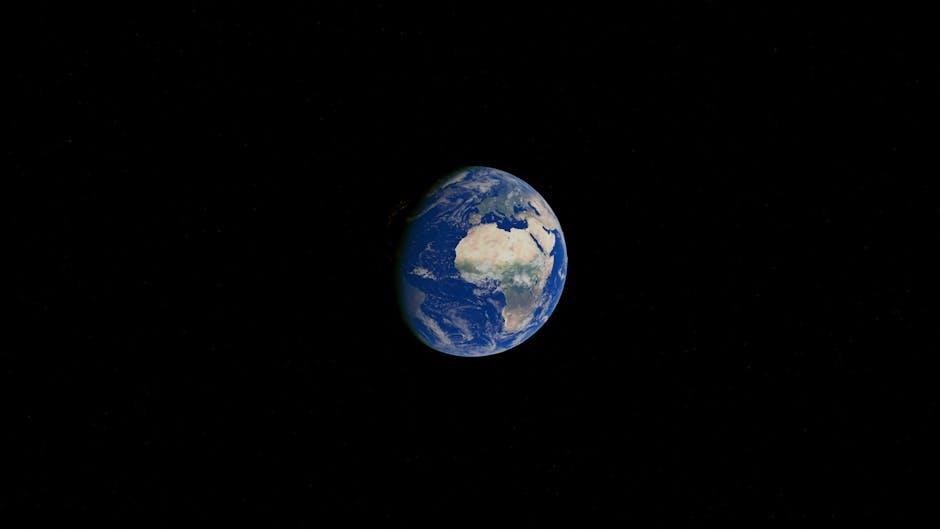
Symbology and Emotional Impact
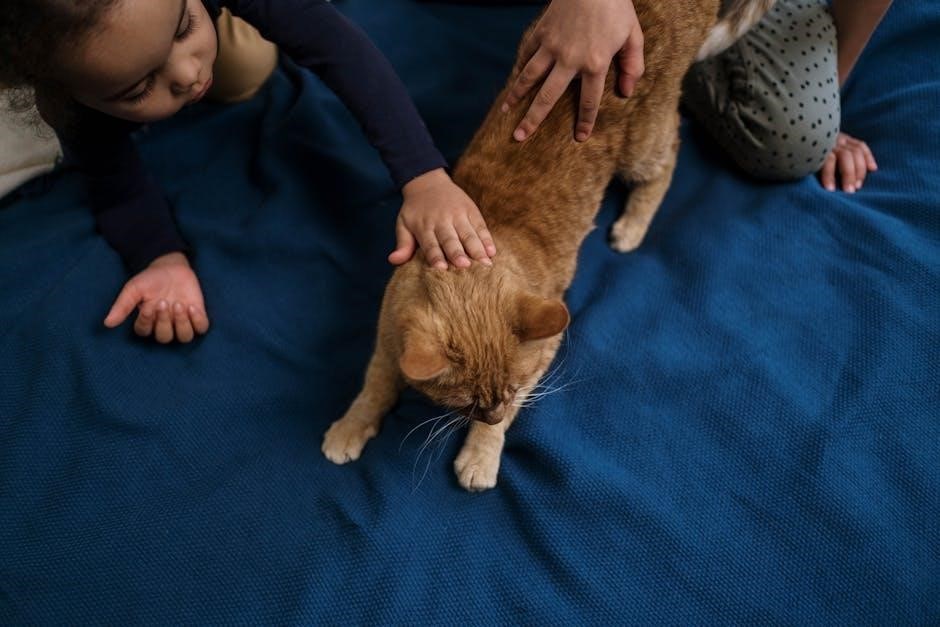
Cats in the story symbolize companionship, healing, and existential questions. The protagonist’s cat, Cabbage, serves as an emotional anchor, reflecting deeper human connections and life’s fragility. Their presence raises profound philosophical inquiries about existence and meaning, emphasizing the void their absence would create. The narrative uses cats to explore themes of loss, memory, and what truly matters in life, making them a central emotional and symbolic element. The cat’s role transcends being a pet, representing the invisible bonds that give life its richness and purpose.
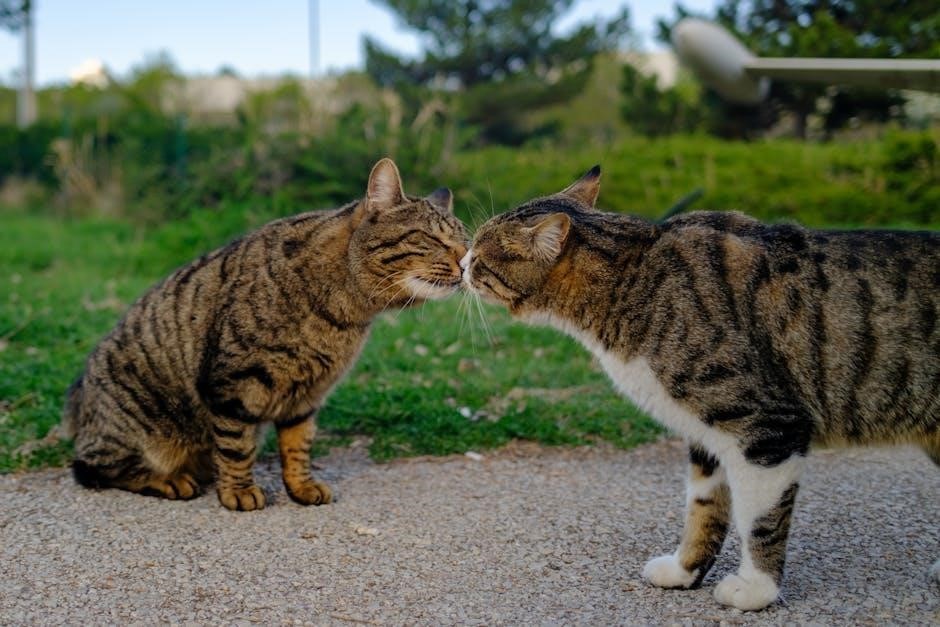
Cultural Impact and Legacy
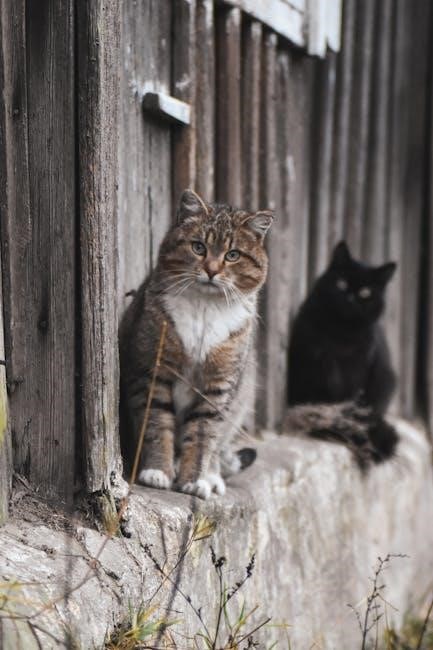
If Cats Disappeared from the World has sold over two million copies globally, resonating deeply across cultures. Its universal themes and emotional depth have made it a modern literary phenomenon, inspiring a film adaptation and sparking widespread reflection on life’s meaning. The book’s success highlights its ability to transcend borders, connecting readers through its poignant storytelling and philosophical inquiries.
Success of the Book and Film
Genki Kawamura’s If Cats Disappeared from the World achieved remarkable success, selling over two million copies worldwide and being translated into 28 languages. The novel, first published in Japan in 2012, gained international acclaim after its English release in 2018. Its thought-provoking narrative resonated globally, earning it a spot as a New York Times bestseller. The book’s success led to a film adaptation in 2016, directed by Akira Nagai, which further amplified its cultural reach. Both the book and film were praised for their emotional depth and philosophical reflections, captivating audiences and solidifying the story’s place as a modern literary and cinematic phenomenon. Its enduring popularity highlights its universal themes of love, loss, and life’s meaning.
If Cats Disappeared from the World is a poignant and thought-provoking tale that lingers in the heart long after the final page. Through its unique blend of humor, emotional depth, and philosophical inquiry, the story challenges readers to reflect on life’s essence. The protagonist’s journey, marked by loss and reconciliation, serves as a universal reminder to cherish moments and relationships. The novel’s ability to balance light-hearted moments with profound introspection makes it a deeply relatable and memorable read. Its success as both a book and film underscores its timeless appeal, leaving audiences worldwide to ponder the little things that make life worth living.
